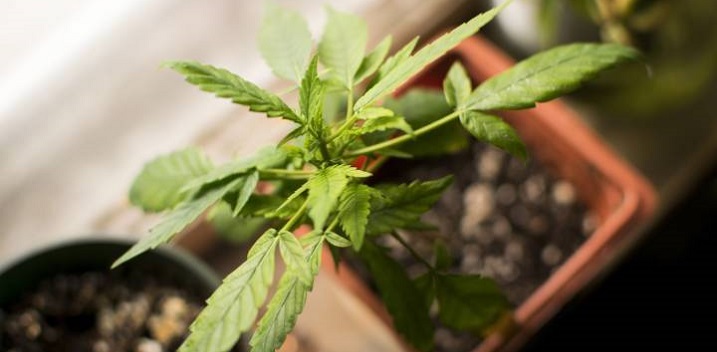Across Canada, legal pot will force universities to change residence rules. Will students be allowed to grow their own pot in residence? That’s one of the questions universities will have to answer by September. Read more in this post from GlobalNews.ca.
Marijuana, of course, is no stranger to Canadian university campuses.
A 2017 Macleans survey suggested that over a third of Canadian university students smoked pot at least sometimes, and five per cent several times a week or more.
(On three campuses — Bishop’s, St. Francis Xavier and Acadia — a majority of students reported at least occasional marijuana use. Students at the University of Manitoba were least likely to indulge.)
On paper, at least, university residence rules have tended to regulate tobacco and alcohol, and prohibit other drugs.
But when a fresh academic year begins in September, cannabis will be as legal as alcohol, and across Canada, universities have been trying to write new rules to reflect that.
Ideally, universities would have the equivalent of a campus bar, but set up for cannabis, says Jenna Valleriani, a strategic adviser for Canadian Students for Sensible Drug Policy.
“In a legal context, I think it would be important to have some kind of space or designated area where students could use cannabis, much like there is with alcohol.”
But it would be a mistake to let pot and alcohol co-exist in the same place.
“People consuming cannabis and drinking alcohol typically don’t realize that the effects of drinking alcohol is quite elevated.”
“Those things should absolutely be separated. Those spaces would be separate, designated spaces. If it was liquor licenced, it couldn’t be cannabis licenced as well.”
For the moment, though, there are far more questions than answers. Will students be allowed to grow marijuana plants on their windowsills? What about setting up smelly, electricity-hungry, four-plant grow ops? What about edibles?
No Canadian university we talked to had decided.
“We are actively consulting with stakeholders, but it’s a complex process and it takes time,” University of British Columbia general counsel Hubert Lai said in an e-mail.
A draft policy for legal pot on campus will go to UBC’s board of governors and then be offered to the university community for comment, Lai wrote.
Universities could try to set rules for edibles, but they would be impossible to enforce, Valleriani explains.
“Edibles are a tough one, because there really isn’t any way to regulate the consumption of edibles in any public spaces.”
“There could be clear policies around cannabis in residence, but when it comes to policing that, edibles are kind of discreet.”
Acadia University in Wolfville, N.S., hasn’t made decisions about students’ personal marijuana plants or about edibles, university spokesperson Scott Roberts said in an e-mail. Nova Scotia universities regularly meet with each other, and “the progress of cannabis legislation has been a regular topic of discussion,” he wrote.
Acadia does have a complete smoking ban.
Mount Allison University spokesperson Laura Dillman wrote that the university “is working to develop additional campus rules and a cannabis education program, along with an updated substance harms reduction program and policy to reflect these changes.”
(Mount Allison’s home, Sackville, N.B., has been designated as a site for a Cannabis N.B., retail outlet, which will be sited a few blocks from campus.)
The University of Saskatchewan is still working on writing policies, spokesperson Jennifer Thoma wrote.
The University of Toronto did not respond to a request for comment.
Another complication is that younger undergraduates in residences are often underage (for alcohol, now, and for cannabis, after legalization this year.)
“First-years, second-years may not be of age yet. There is a need for really clear rules around that, but it’s not an illegal substance anymore. They’ll have to update their policies to reflect that,” Valleriani said.
Perhaps ironically, some universities have recently taken a much more restrictive attitude to smoking in general: pot, tobacco, or anything else. McMaster University in Hamilton, Ont. imposed a total smoking and vaping ban in January. Among those questioning the policy: medical marijuana users.
Total smoking bans can lead to a nuisance near campuses as students cross the property lines to smoke, Valleriani points out.
“If you don’t create spaces for people to consume, you’re pushing that off-campus and into local neighbourhoods,” she says.
“People in surrounding communities often complain.”
So there’s a case for allowing tobacco smoking, at least in restricted areas designed to not bother non-smokers, but these can’t be the same as the areas used for marijuana: “People who smoke cannabis don’t necessarily want to be around cigarette smoke, and vice-versa. There is a need to separate them. To me, what makes the most sense is a vapour lounge or space similar to a campus bar, but I don’t know if we’re there yet, socially or culturally.”
Featured Image Credit: Getty Images

